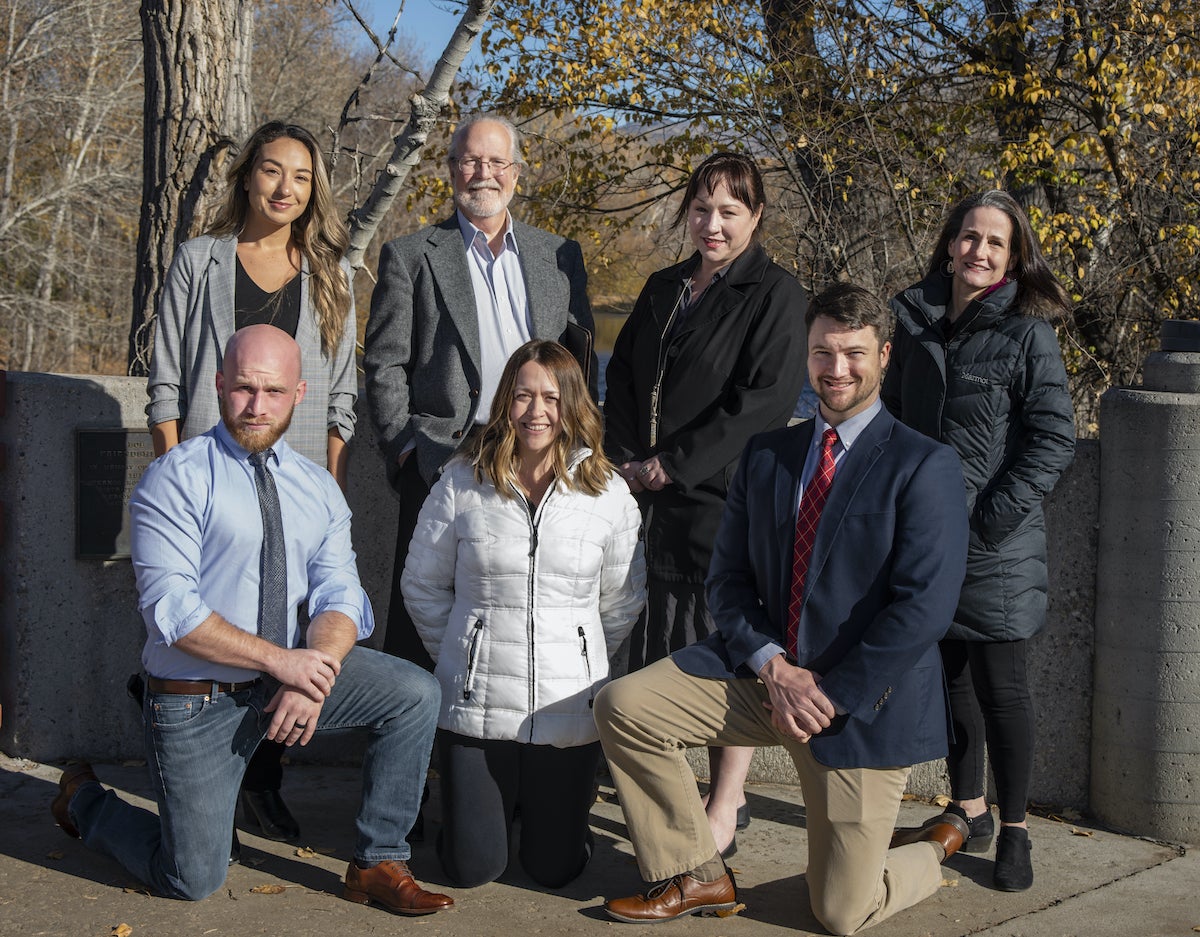
The International Centre for Missing and Exploited Children, a global nonprofit organization whose mission is making the world safer for children by combating child sexual exploitation and abuse, has enlisted the Program Evaluation and Research Lab at Boise State to develop the first and only research-based statistical model that can produce a numerical estimate of missing children globally.
Currently, no government, nonprofit, or advocacy group possesses such an evidence-based estimate.
This is due in large part, said Carl Siebert, an associate professor, and lab director, to the lack of data collected by countries as well as the many different definitions for “missing child.”
“The definitions are as eclectic and heterogenous as the governments and cultures from which they are derived,” Siebert said. “Compounding the issue, we found during our initial work contradictory definitions of ‘missingness’ used within the same government or within government agencies in the same country.”
Further, Siebert added, when nations do collect data, they do not always make them readily available to the public.
Researchers at Boise State are collecting what they can – over two decades’ worth of homicide, unemployment, gross national product, human trafficking, homelessness, government structure, and other data from over 100 nations compiled by organizations like the United Nations and the World Bank. Graduate assistant Steven Deare is reviewing natural and political events and conflicts from 1950 to the present to add to the data collection.
Once researchers have identified all available data sources, they will determine which data are usable, then start statistical testing and building their estimation model.
Siebert said he hopes this project, which is on track to be complete before the end of 2022, will raise global awareness of the issue.
“It is extremely tragic that children go missing, for whatever reason or cause. Recognizing that these tragic events don’t always get the attention they deserve is heartbreaking,” Siebert said.
As a researcher, he said he also relished the opportunity to “figure out a design, a research strategy, that will answer an unknown.”
“Coming up with a doable design and then building a model that has not yet been done was way too exciting to pass up,” he said.
The Boise State connection
More than a decade ago, when Siebert was at Rutgers University, director of a research office and statistical consultant for the School of Social Work, he partnered with Felicity Sackville Northcott, director of the International Centre for Missing and Exploited Children. She was working at that time with International Social Service, a global child protection and social service network. Siebert and Northcott collaborated on a federally funded project to aid children in foster care. Siebert helped design research strategies and model data.
When the centre embarked on the missing children project, Northcott again reached out to Siebert for help.
“Dr. Siebert’s expertise in quantitative research methods and statistical analysis was instrumental to the data collection and analysis for the project,” Northcott said, “but it was his compassion and deep commitment to the child protection aspects of the project that made him an indispensable member of our team.”
The research team
In addition to Siebert and Deare, the team includes:
The Program Evaluation and Research Lab: Meagan Haynes and Harrisen Hagens, research associates, and Paula Youmans, research assistant.
Center for School and Community Partnerships: Lindsey Turner, professor and director, and Abbey Erquiaga, associate director.
College of Education and the Department of Curriculum, Instruction and Foundational Studies: Peter Boedeker, assistant professor.
The team includes two students, Emily Hawley an undergraduate in the College of Education and Olivia Spaccasi, a graduate student in public policy at American University School of Public Affairs and an intern at the International Centre for Missing and Exploited Children.
- The International Centre for Missing and Exploited Children, founded in 1999, is a leading authority on child abduction and exploitation. The non-governmental organization operates in more than 120 countries providing resources to governments, law enforcement, and non-governmental organizations to protect children.
- The Program Evaluation and Research Lab, or PEARL, at Boise State, founded in 2015, is part of the Center for School and Community Partnerships, housed in the College of Education. The lab’s mission is to offer research methods, data analysis, and evaluation expertise to those in need, partnering on studies and proposals, and conducting evaluations for local, state, and regional public/private organizations and institutions.